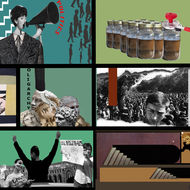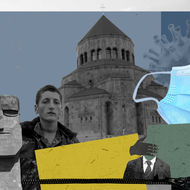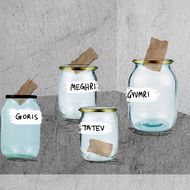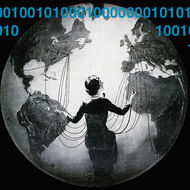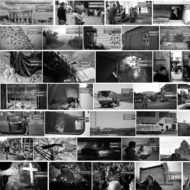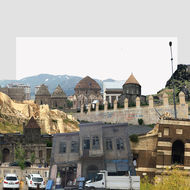Search articles
Search results for
2018: The Year That Could
EVN Report takes a look back at 2018, a most unpredictable and exhilarating year on record in contemporary Armenian history.
2019: The Dust Settles
EVN Report takes a comprehensive look back on the events that shaped 2019, from high profile criminal cases to foreign relations.
2020: Battling Many Fronts
EVN Report looks back at a year that forced the Armenian people to battle multiple fronts, from the COVID-19 pandemic to a 44-day war launched by Azerbaijan that resulted in devastating human and territorial losses.
2021 Municipal Elections in Gyumri and Other Cities
By Harout Manougian
Municipal elections will take place in Armenia throughout the fall and serve as an important indicator for the future direction of Armenian politics. Harout Manougian breaks it down.
30,000 Software Engineers in Armenia by 2025
By Artashes Vardanyan
The favorable IT climate in Armenia is the reason for the recent software boom.There are more than 450 IT companies, which are employing more than 10 thousand software developers and engineers. Around two thirds of Armenian IT output is exported to over 20 countries. So what is standing between Armenia and its dream of building a "Silicon Mountain"?
30 տարվա իրավիճակային կառավարման տեղապտույտը
By Levon Mazmanyan
Հայաստանի բոլոր իշխանությունները շարունակաբար ստեղծել են հատվածական ռազմավարական օրակարգեր, որոնք ուշ թե շուտ դատապարտվել են անհաջողության։ Արդյունքում Հայաստանը 30 տարի շարունակ գոյատևել ու զարգացել է առանց համազգային ռազմավարական օրակարգի։
A Beautiful Crime: Soghomon Tehlirian and the Birth of the Concept of Genocide
By Suren Manukyan
A survivor of the 1915 Armenian Genocide, Soghomon Tehlirian assassinates Talaat Pasha, the mastermind behind the attempted annihilation of the Armenian nation in Berlin on March 15, 1921. Historian Suren Manukyan examines the repercussions and consequences of that act of revenge.
A Chronology of the 44 Days of War
Today, September 27, marks the one year anniversary of the start of the 2020 Artsakh War. Here is a chronology of the 44 days of war and beyond that we published last year.
A Conceptual Gap: The Case of “Western Armenia”
By Varak Ketsemanian
“Western Armenia” as a concept is a crucial component of the Armenian national narrative, mostly in the Diaspora. In this article, Varak Ketsemanian raises some questions regarding the Armenian reality’s understanding of “Western Armenia,” its biases and blind-spots. He suggests refining the ways in which we discuss and represent “Western Armenia” in the 21st century.
A Corner Frozen in Time
By Lusine Sargsyan
The story of Gayane Arevshatyan’s home-restaurant began twenty years ago, after a tragedy that radically changed her life. It was the Armenia of the 1990s - the cold and dark years. The country had survived a devastating earthquake, the Karabakh War, the disintegration of the Soviet Union, blockade, an energy crisis...In a matter of years, lives and narratives had turned upside down.


